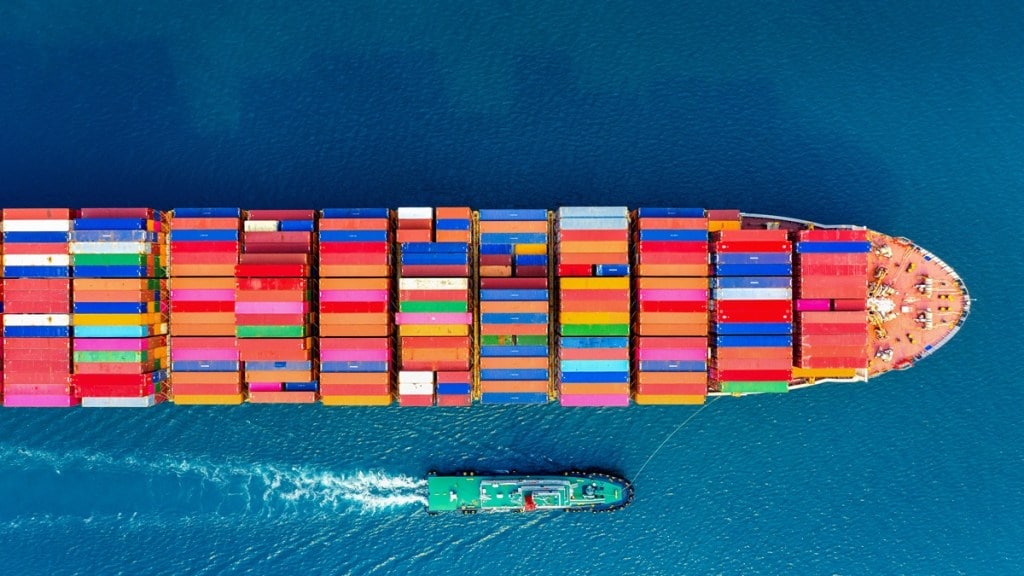Industry and exporters have welcomed the conclusion of the India-UK Free Trade Agreement (FTA), with all but alcohol manufacturers hopeful of significant export gains.
“The FTA is a landmark step that will significantly boost bilateral trade, attract strategic investments, and further integrate Indian businesses into the global value chain,” president of Federation of Indian Export Organisations (FIEO) S C Ralhan said.
In textile and apparel, the removal of tariffs will enhance India’s competitiveness against countries like Bangladesh and Vietnam, while in leather and footwear, Indian products can get increased access to the high-end UK retail market, he added. Streamlined regulatory processes will accelerate generic drug approvals.
The UK remains a pivotal market for India’s gem and jewellery sector, with exports reaching $ 941 million and imports at $2.7 billion in 2024. “This FTA is poised to significantly accelerate our export growth, with projections indicating a rise to $2.5 billion within the next two years. As a result, total bilateral trade in gems and jewellery is expected to double, reaching $ 7 billion,” chairman of Gems and Jewellery Export Promotion Council, Kirit Bhansali, said.
Under the FTA, while India will get zero duty access for 99% of its exports, it will have to reduce duties on whisky and gin, which will be tariffs will be halved from 150% to 75% before reducing to 40% by year ten of the deal. The government, however, has not fully heeded the pleas of the Indian alcoholic beverage industry.
We have always been asking for a level-playing field for the Indian players. We only hope that the government has included in the FTA the MIP (minimum import price) which will prevent dumping / under invoicing and also the removal of non tariff barriers to ensure better international market access to Indian alcoholic beverages,” director general of Confederation of Indian Alcoholic beverage Companies (CIABC) Anant Iyer said.
The India-UK FTA marks a strategic deepening of a $45 billion trade relationship, with real gains for Indian sectors like textiles, footwear, carpets, cars, and marine products—all currently facing UK tariffs of 4–16%, according to the founder of Global Trade Research Initiative (GTRI) Ajay Srivastava.
The inclusion of the Double Contribution Convention is a win for Indian professionals on short UK assignments, helping them qualify for social security by combining service periods across borders, he added.

